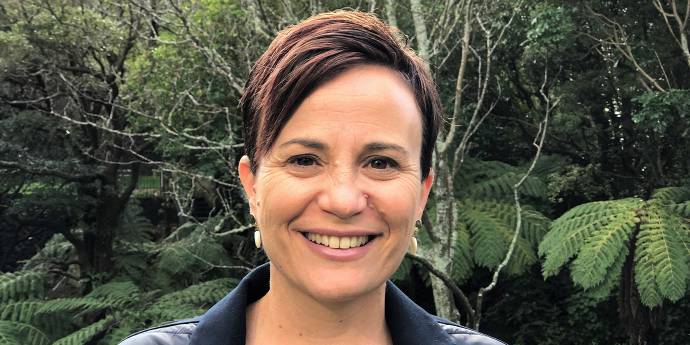The Economic Power of Gender Equality
Research shows that diversity and equal roles for women delivers better results for people, for the planet and for profits.

“As the Disability Rights Commissioner I’m tasked with protecting and promoting the rights of those people,” says Paula Tesoriero from the Human Rights Commission.
“Internationally, our country is a signatory to a range of Human Rights instruments including United Nations Convention on the Rights of Persons with Disabilities (UNCRPD).”
She says this is a statutory obligation to advance the human rights of disabled people and includes reviewing the governments’ performance, consulting with disabled people and reporting on progress towards those obligations.
In contrast to the term ‘Access Citizens’ used by Minnie Baragwanath, The Disability Rights Commission uses the term ‘disabled people’ to reflect the social model of disability, and one, Tesoriero says, that has been agreed upon by the disabilities community and those with access needs.
In this case, the term ‘disabled’ relates to a system and cultural norms that work against those with disability, including the law, education, town planning and infrastructure.
“Another way of thinking about this is that our society systemically discriminates against a million people in Aotearoa New Zealand,” she says.
But in moving towards a more accessible Aotearoa the government has developed an Accessibility Charter primarily for the public sector.
Tesoriero says the charter focuses on giving the state sector guidance on ways to increase accessibility to information through the use of inclusive language and design, including alternate formats such as New Zealand Sign Language, Easy Read and Braille.
Approximately 100 agencies have signed up and around 69 percent now have strategies in place that are inclusive of disabled people.
“Sometimes the greatest hurdle disabled people can face is others' low expectations and assumptions about their abilities,” Tesoriero says.
“That starts from school and continues throughout the recruitment process.”
The accessibility charter has provided opportunities for employers to adopt new ways of thinking and approaches to how people work. She says this has benefited disabled people who are often disadvantaged because of a lack of flexibility in the workplace.
“Often it’s more about having to get to a workplace, let alone be in one that is designed for non-disabled people,” Tesoriero says.
“It’s appropriate that government agencies take the lead in making information and services accessible, but I encourage the private sector to follow suit - and also, lead.”
Tesoriero believes now is a great time to rethink and reshape attitudes, especially as many industries are experiencing a labour shortage. She says it would be misguided to overlook disabled workers who may have a desirable skill set, but are currently not given the same opportunities to participate in the workplace.
“I challenge employers to take a stand on this and intentionally and deliberately adopt policies that positively discriminate in favour of hiring disabled people.”
For more information head to the MSD Toolkit which supports the public sector to build disability confident employment practices. The information and tools apply for any employer.